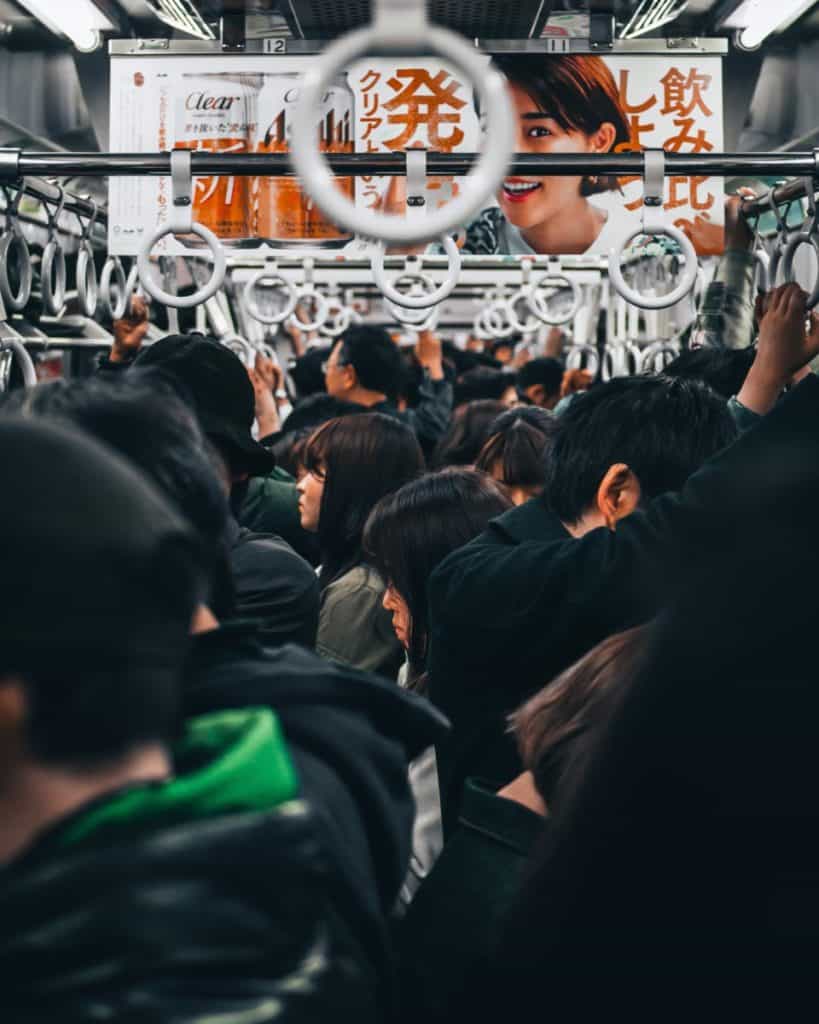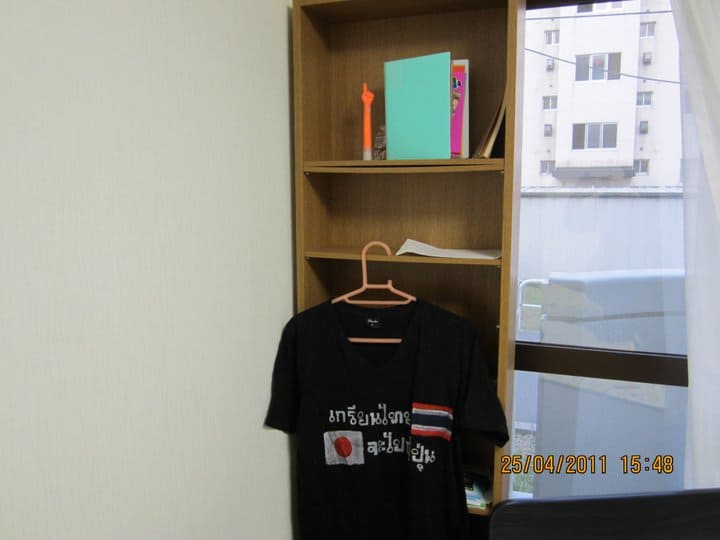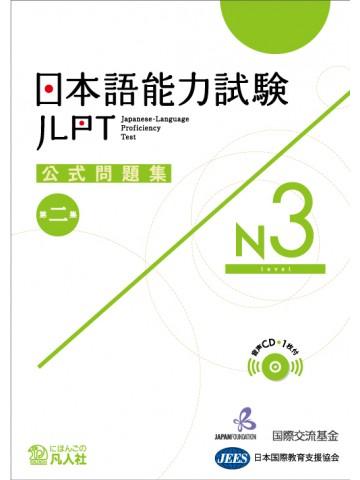Japan is one of the fascinating places on the face of the earth. A developed country that still embraces the ancient traditions. The cinematic landscape surrounding the expansive and glistening cities of Japan leaves you breathless. The citizens are friendly, but you need not provoke them in any little way. Everything in this land is amazing, from the technology, language, food, and other cultural practices.
Like any other society, Japan has its standards that must be observed by both the locals and foreigners. An exhaustive discussion of this land and its people would take months if not years, but here we discuss the basic things you need to know before traveling or living in the Asian country.
Japan is safe
This is one of the best things a traveler or a foreigner would want to hear about their destination. Safety is guaranteed in almost every part of this country, allowing you to choose your place to stay comfortably. Solo female travelers who may be at risk in other parts of the world will feel secure in this territory. Despite Japan remaining of the safest countries in the global ranking, you still need to exercise caution, avoiding intrusion of other people’s space or going to places that can put your security in jeopardy.
Cash in Japan
With improving tech-know-how, many countries are migrating to cashless transactions. But Japan is different. Here, cash is the ruler of trade. Laborers are paid in cash with shopping centers, including some supermarkets, restaurants, and other dealers accepting cash payments only. Hotels and some big brands accept credit cards, but you must confirm before you make your room reservation. Since cash is primary, ensure you have sufficient Japanese Yen as you go about your business. You can always exchange foreign currency at the airport upon arrival. 7-Eleven Bank offers the best rates, and you can also use your card at any of their ATM lobbies nationwide.

No tipping in Japan
While you may be considered nice when you tip a hotel waitress for her excellent service in your country, here it is a taboo. Do not attempt to tip anyone under any circumstance. The cab driver will consider it rude, and the bartender will run after you to hand you the extra money you unintentionally gave her. Everyone earns what they have worked for, so keep your money to yourself lest you ruin your relationship with Japanese.
Removing your shoes in particular places
You may be familiar with Muslims taking off their shoes while in the prayer chamber, but in Japan, it is more than that. You must remove your shoes when entering someone’s house. Keeping your shoes on while in a home is a huge offense. And being a foreigner is not accepted as an excuse. This practice is also associated with most restaurants and dressing rooms. You must, therefore, confirm the requirements before you enter a restaurant.

‘No’ is never an answer
Ask a Japanese anything, and the answer will always be ‘yes.’ It is not because they don’t understand other languages, but that is the culture. They find it extremely difficult to say no to strangers. Thus, you must be on the lookout for any non-verbal cues or body language that may indicate uneasiness while talking to the citizens. That could the real answer and not the one you are given verbally.
Public transport is flawless
With the super-efficient train systems of Japan, your movement within the various cities, including Tokyo, would be hassle-free. Your fares are charged based on the distance of travel, and you can pay using cash or an IC card.

Buy a Japan Rail Pass
In case you want to explore a specific region or move around the whole country, JR pass will be your partner in saving money and time. There are different categories of passes, giving you varied access to modes of travel for particular regions. For example, an unlimited pass may be for a specific area or the whole country and allows to board the Shinkansen train plus commuter trains, ferries, and buses that are branded JR. The validity period for the passes is either 7, 14, or 21 days. You are required to buy the pass before you arrive in Japan, though you must verify your details with the JR office before you can use it.
Tattoos are abhorred
Tattoos may be considered an artistic method of expression in most regions, but in Japan, it raises questions. Yakuza gang members are the only people known to have tattoos in this part of the world, so you can tell why they are taboo. Besides the general belief, tattoos will deny you access to some sites, for example, the onsen and saunas.
It would be exciting to pronounce a few words or make a whole sentence in a foreign language as it also enhances your interaction with the locals. When you want to fit into the Japanese cultural standards where etiquette is principal, learning how to express yourself courteously using words such as excuse me, thank you, welcome, etc. in the local dialect is essential. In case you fail to find a translator, which is more likely outside Tokyo, even a little knowledge of the Japanese language is critical for your stay here.
Metro operation
With the 24-hour economy, you would expect the country’s dominant mode of transport to be operational 24/7. However, even in the capital, the train system does not operate late in the hours of the night. This means you must leave your residence before 11:30 pm or 1:00 am to catch the last train depending on your region. Public transport is not entirely paralyzed at such times, though. You can still use a cab to reach your destination, but it will be much costlier.
Conclusion
Japan is an exciting place to live in and explore. And just like any other foreign country, you must be acquainted with the laws of the land before making your trip or settling here. Above is a description of what you must know before getting into the country.



